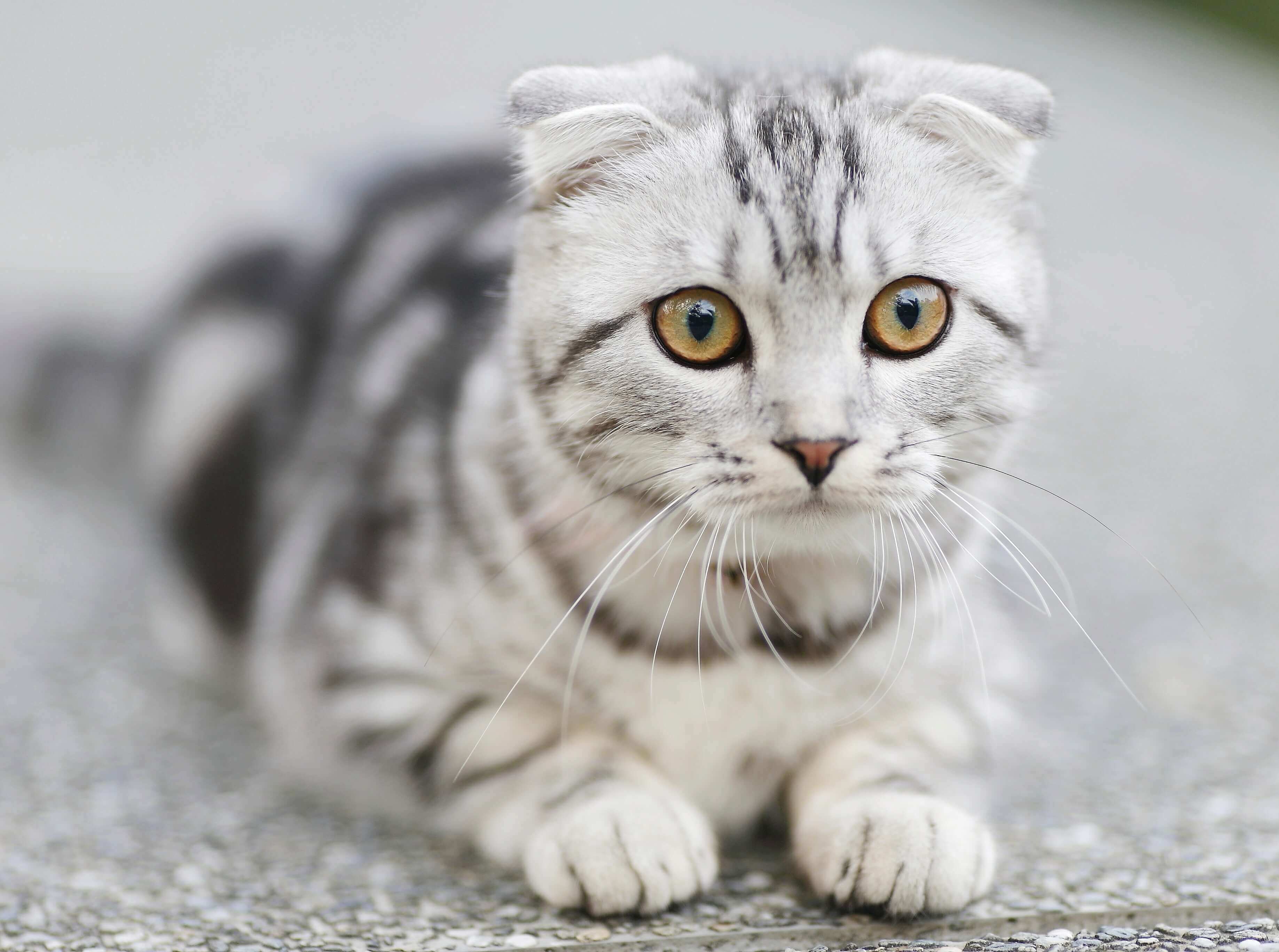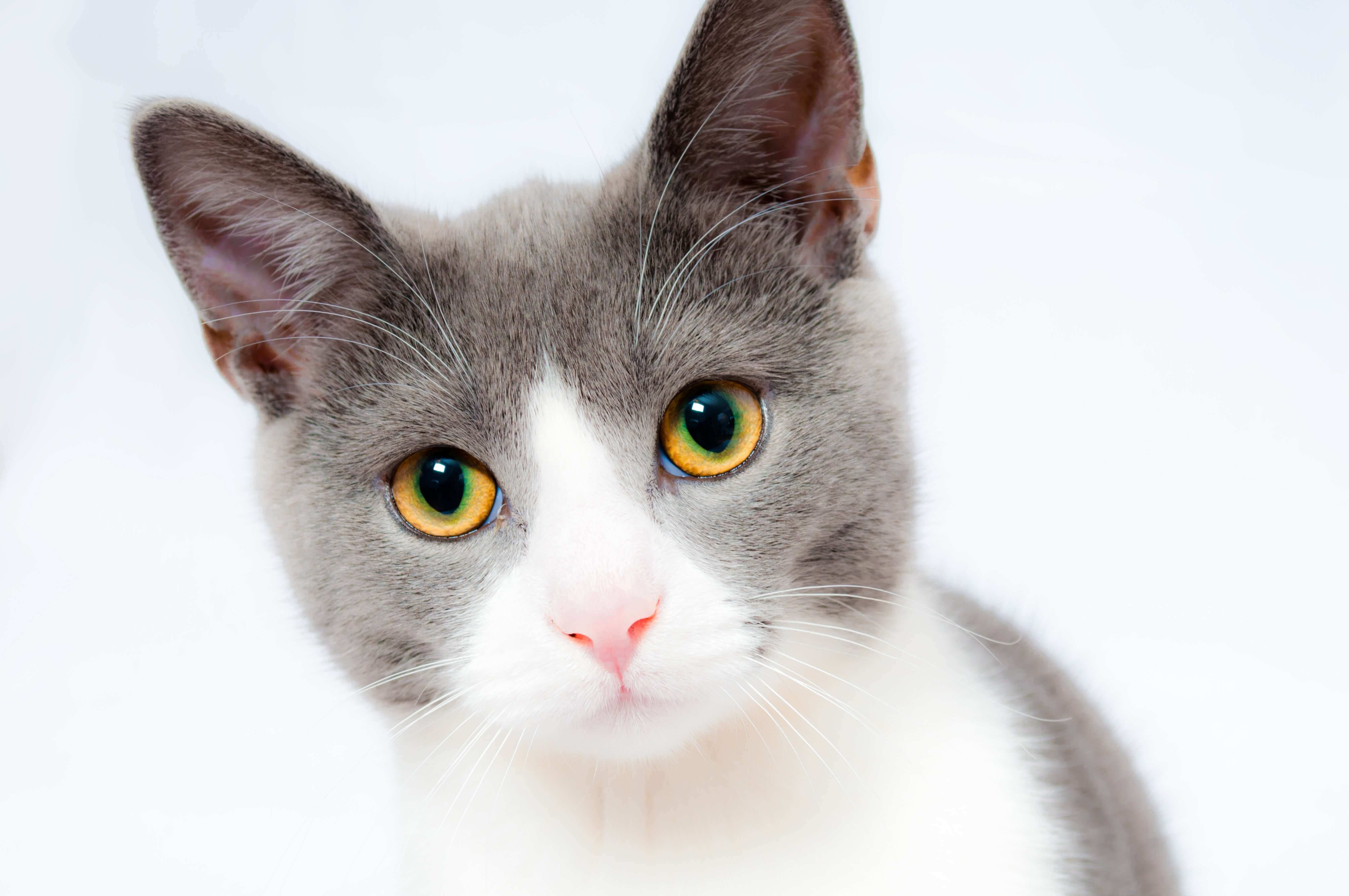It is very important to have a veterinarian examine your cat at least once a year. Cats age significantly faster than humans and therefore it is imperative for cat owners to stay on top of wellness exams in order to catch any potential health problems before they begin. Most cat illnesses are much easier and less expensive to treat and cure when caught in the early stages before they progress or develop complications. Therefore, regular cat wellness exams are the cornerstone of preventive veterinary medicine.
Cats are good at hiding any type of illness. You may not be fully aware that something is wrong since cats can be experts at hiding pain or discomfort. By nature, cats are independent animals, however they still need to be examined by a veterinarian on a at least a yearly basis.
As a cat owner, you should be aware of any changes in eating habits, playfulness and general overall health. If you notice any changes in behavior, such as a change in eating habits, not greeting you the way they normally would, reluctance to jump up or move around the way they typically would… these are the subtle signs of what could be a serious health problem, and it is time to schedule a veterinary exam.
At Indian Trail Animal Hospital, we recommend performing basic lab tests at least once a year, as well as reviewing nutrition and any behavioral issues you may be noticing.
Of course, we realize that some cats don’t like getting into the cat carrier and going for a ride. In these circumstances, we recommend calling us to pick up a free "Kitty Comfort Kit" that gives you tips, treats and even an anti-anxiety medicine to help make the proces easier and more pleasant for you and for your cat.

What Is Involved In A Cat Wellness Exam?
A wellness exam is the perfect time to discuss your cat’s daily habits, diet, and any problems you may have noticed. At Indian Trail Animal Hospital our animal hospital is a certified cat friendly practice, meaning that we have facilities and protocols that are specifically designed to cater to the special needs of cats. Our team is specifically trained to make your cat feel comfortable to reduce stress and so that we can perform a thorough examination. We typically allow the cat to slowly exit his carrier and get comfortable with his surroundings first before handling him. We'll also offer a variety of treats as pleasant distractors. During the time that your cat is acclimating, we will talk with you about your cat’s daily routine, and if you have noticed anything out of the ordinary. Your vet will discuss the following topics with you:
- The appropriate food and weight for your cat
- Behavioral issues
- Daily water consumption
- Your cat’s stool production, or litterbox habits
- The amount of activity your cat gets daily
- Whether or not your cat is alert and content
Cats should have a thorough complete dental healthcare assessment and treatment around age 2 - 3. We will do a sedated dental exam with X-rays and look for any abnormalities in the mouth. By age 4 virtually all cats have some kind of painful dental issue. In addition to problems with their teeth, cats can have teeth that collapse due to a genetic problem called tooth resorption and since they are so adept at hiding pain, especially dental pain, it is very easy to overlook these issues. However, make no mistake, dental issues are painful and seriously affect the quality of life.
At Indian Trail Animal Hospital we assess the body condition of the cat, and determine if he is the correct weight. A wellness exam also includes palpating the abdomen for organ size making sure that all is normal and checking for any lumps or bumps. We will also collect urine and blood samples for yearly labs. Preventative care is extremely important, along with vaccines, parasite control and deworming.
This is the time to bring up any issues you are not sure about. If you notice that your cat coughs a lot and you think it may be a hairball, mention this to your vet. Some cats are prone to asthma, a condition that can be diagnosed and treated to improve the quality of life for your cat.
How Often Should Cats Be Examined?
Your cat should be examined at least once per year. You may not be aware that kitty is not feeling well, and it’s better to stay one step ahead of any potential medical issues. Older or geriatric cats should have a semi-annual (twice yearly) wellness exam.

Why Might Additional Tests Be Recommended?
Cats age much quicker than we do, so doing yearly labwork is advised. Cats can be prone to kidney disease as well as thyroid disease, both conditions we see quite often. If we can catch the diseases early, we are often able to change their diet to control it and improve their quality of life. We will also check your cat for intestinal parasites by checking a stool sample. Depending on the condition of your cat, any symptoms you have noticed, concerns you have or test results, diagnostic imaging may also be recommended when appropriate to provide our doctors with the information necessary to make an accurate diagnosis and come to a recommendation for treatment. After age 15 (at minimum), blood pressure should be checked annually to assess for hypertension. There are no outward signs of high blood pressure in cats, but it can severely affect organ health as well as vision if not caught and treated early.
Schedule A Wellness Exam For Your Cat
At Indian Trail Animal Hospital, our veterinary team is here to ensure that your cat is able to enjoy a long and healthy life as your companion. Call us today to make a cat wellness exam appointment with one of our veterinarians. You can reach us now at: (704) 327-2166
